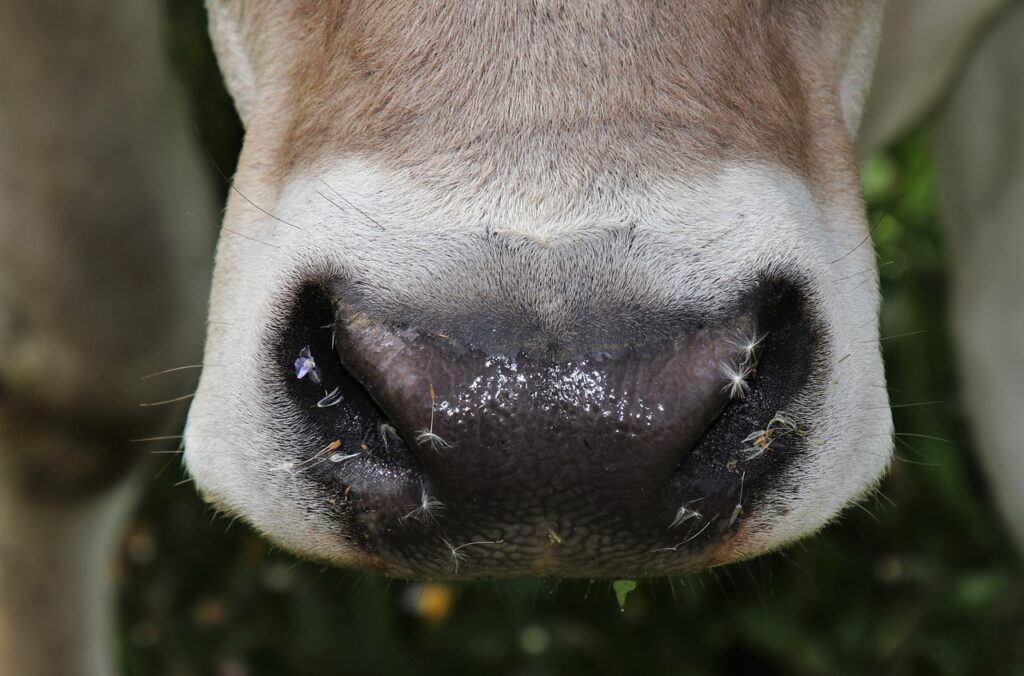The vulnerability of pastoral ecosystems due to climate change represents a new productive challenge faced by associations of livestock breeders of local breeds in the Pyrenees.
The European PASTORCLIM project will work over the next four years on the adaptation of mountain pastoral systems to climate change, as well as on the mitigation of its effects on them through the improvement of indigenous cattle and sheep breeds of meat from the Pyrenees, and the safeguarding and promotion of practices and traditions associated with transhumance for the conservation of natural ecosystems.

On March 25 and 26, this project will be presented at Unizar’s Huesca Campus, with the participation of entities from France, Andorra and Spain. During these sessions, which are based at the Higher Polytechnic School, a visit to an organic livestock farm in Aínsa was also included.
Reinforcement of the border area of Spain, France and Andorra
Led from the Huesca Campus of the University of Zaragoza by Pilar Santolaria Blasco, professor of Animal Production and researcher of the BIOFITER-IUCA group, the PASTORCLIM project has a total funding of 1.8 million euros, through the Interreg POCTEFA 2021-2027 program. , whose objective is to strengthen the economic and social integration of the border area between Spain, France and Andorra.
This project has a working consortium in which livestock associations, research organizations, training centers and local governments from both sides of the Pyrenees will work collaboratively to conserve and improve local breeds for their pastoral performance, while promoting the conservation of the ecosystem services of pastoralism and the cultural heritage inherent to transhumance is enhanced.
















